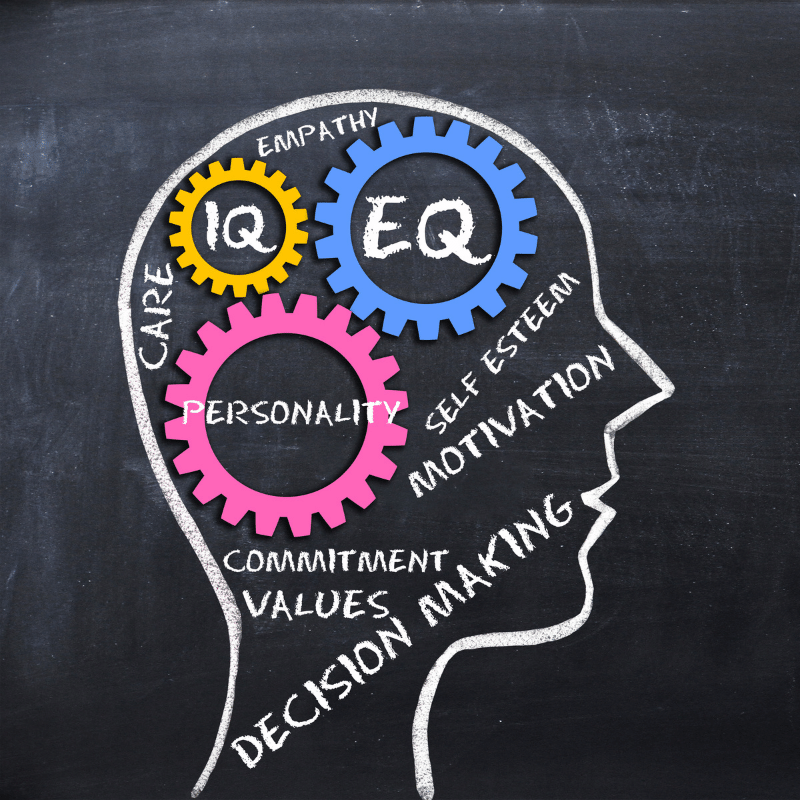How much of each will probably never be known, what is certain, however, is that emotional intelligence can be acquired through practise and feedback from others.
Emotional Intelligence increases with age and the old-fashioned word for this phenomenon is: maturity. Yet even with maturity, some people still need training to enhance their emotional intelligence. Training however has to be a focussed, individualized approach.
EQ is born largely in the neurotransmitters of the brain’s limbic system, which governs feelings and drives impulses. Research indicates that the limbic system learns best through motivation, extended practices and feedback. Old behavioural patterns need to be broken and new ones established. Imagine an executive who is thought low on empathy because of her inability to listen. She interrupts people and doesn’t pay close attention to what they are saying. To fix the problem, the executive needs to be motivated to change and then she needs practice and feedback from others. A colleague or coach can be tapped to let the executive know when she has been observed failing to listen. She would then have to replay the incident and give a better response. And the executive could be directed to observe certain executives good at listening and mimic their behaviour.
EQ is largely a matter of self-regulation. Biological impulses drive our emotions. We cannot do away with them, but we can do much to manage them. Self-regulation is like an ongoing inner conversation, it is the component of EQ that frees us from being prisoners of our feeling. People with such inner conversations, feel bad moods like anyone else but they find ways to control them and even channelise them in useful ways. They master their emotions and are able to roll with the punch and they don’t panic.
Consider the challenge of leading team. A group is in turmoil, missing deadliness overloaded with work. Tinkering with procedures is not enough. The leader has to relate to the emotional make-up of the team–listen, encourage constructive complaints, urge a sharing of frustrations. The result is not just heightened collaboration but better business as well.
IQ and technical skills are very critical, but mainly as threshold capabilities. But EQ is the sine qua non of an effective person. One can have an incisive and analytical mind, best training in the world, endless supply of smart ideas but without EQ, he or she will still not make a great professional.
Building one’s EQ will not happen without sincere desire and concentrated effort. There is more to it than seminars and books. Internalizing empathy as a natural response to people is hard but it can be done. Ralph Waldo Emerson wrote “Nothing great was ever achieved without enthusiasm”.
Success is the culmination of failures, mistakes, false starts, confusion, and the determination to keep going anyway.
– Nick Gleason –





